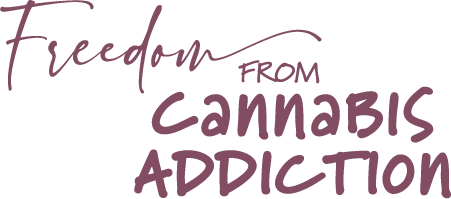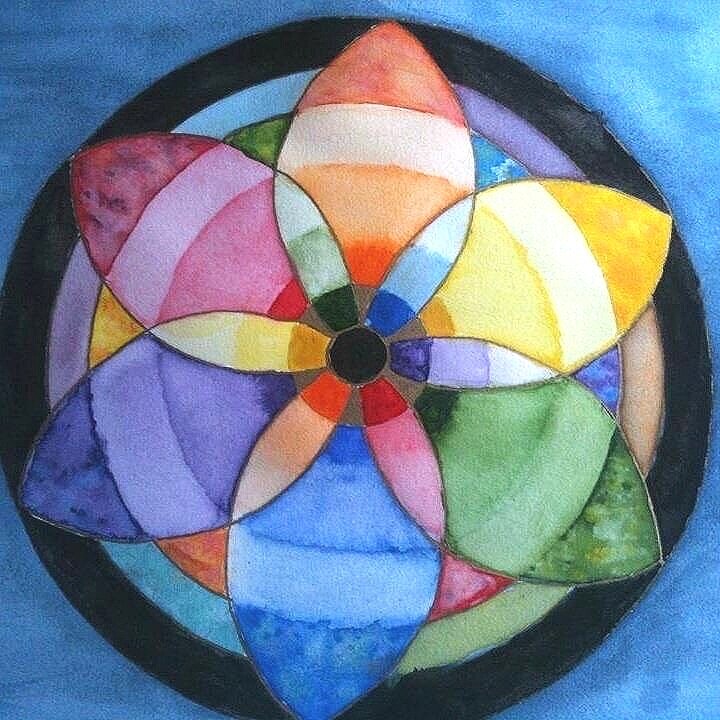A Platform for Voices of Stories about Cannabis Addiction and Recovery .
Why create a platform and write a book about cannabis dependence and addiction when people are righteously fighting to decriminalize cannabis use?
A disproportionate number of non white people, working class, and poor are in prison for cannabis charges. This historical reality is a clear example of systemic racism in our US judicial system. These concerns, although valid and urgent, are beyond the scope of this website. Cannabis use is widespread among all ages but increasingly among young people.
In 2018, more than 11.8 million young adults reported that they used marijuana in the past year. [1] Men are the majority users of cannabis but the use is increasing at an alarming rate among women.
Cannabis is one of the most popular psychotropic drugs on the market today. It’s still the most commonly used drug in the United States, after alcohol, and is marketed regularly by dispensaries and subcultures of pro-medicinal cannabis as being a harmless, fun, and an easygoing substance with multiple medicinal benefits.
This is not an account or a debate of those who depend upon the medicinal benefits of cannabis on a regular basis. This is an account of mostly healthy people who’s lives have become adversely affected by the chronic use of cannabis and how recreational or medical use lead to dependence and addiction.
This site will depict cannabis addiction and recovery through stories of people whose addiction to cannabis has profoundly and adversely affected many aspects of their lives personally, psychologically, emotionally, and professionally.
Becoming addicted to cannabis can lead to many feelings of self-defamation, shame, regret, embarrassment, and psychological pain. It can still involve day-to-day struggles similar to what we see in other addictions, including alcoholism. While cannabis dependence and addiction is much less prevalent and harmful than alcoholism and/or abuse of other substances, it is a real medical addiction in its own right and a condition that is prevalent in society today.
We will explore the different social and medical models of addiction theory. We will also present multiple treatment modalities for addiction and their effectiveness and/or lack of in regards to the maintenance of long-term absence and sobriety. Modalities will be explored which address the emotional and psychological issues and vulnerable triggers which come with short-term and long-term sobriety.
Educational chapters will depict the potential risks and dangers of cross addiction. As cannabis becomes more and more legal and visible due to its marketing and accessibility in North America and in other countries, the counterculture of cannabis addiction and those who seek recovery will necessitate greater access to treatment for this growing addiction.
Detailed chapters on relapse prevention will be explored with an eventual workbook for relapse prevention for cannabis addicts in recovery. Specific clinical treatment modalities will offer tools to assist in the goal of a conscious mindful daily endeavor of long-term sobriety. Chapters will also address the emotional, psychological issues, and vulnerable triggers which come with short-term and long-term sobriety. Educational chapters will depict the risks and dangers of cross addiction. Recreational or occasional use of alcohol and/or other mind-altering substances may, at times, contribute to relapse. Addiction medicine claims that use of any mind-altering substance can release the mental addiction from a reprieve.
Freedom From Cannabis Addiction encourages all people to explore a recovery path that is self-empowering and personal for them. Being clean and sober is a daily conscious intention to not use cannabis despite the challenges of life’s ups and downs. Staying clean, sober, and free from active addiction enables women and other people to finally live the lives they only dreamed of living.
We are committed to speaking about the specific social and environmental aspects that affect non white and LGBTQIA + people. We will explore women issues specific to socialization of women. People and Women who may have complex, variable risks and predispositions for addiction.
Firsthand stories by people living in recovery from cannabis addiction will be presented. Along with personal stories of recovery and the most current cannabis addiction research, this book will provide a clarity and education of the old belief that cannabis use is not harmful and/or even truly addictive.
The personal stories included will depict how people in recovery from cannabis addiction have become profoundly committed to their own personal healing and self-awareness. Commitment and newfound sobriety have given these individuals purpose in their lives today, and strengthened their belief that they can contribute meaningfully to society as a whole.
In these personal stories, people have been encouraged to share how they have addressed the underlying psychological, emotional, and social issues which are often suppressed, sometimes for years or even decades, during chronic cannabis dependence and addiction. Staying clean, sober, and free from active addiction enables women/people to finally live the life they may have only dreamed of living when they were using.
Some of the stories in this book will have begun long before the criminal laws were undergoing change regarding cannabis use in America and Canada. Other stories began during the cannabis legalization era. Regardless, the women writing these stories have committed to staying clean of cannabis, even as society at large celebrates legalization victories in multiple states in North America and in Canada. Some of the stories of relapse and the process of getting free from cannabis dependence or addiction are no doubt impacted by this cannabis legalization buzz in America and Canada, a movement which inevitably is reaching many other parts of the globe.
Nevertheless, people in recovery from cannabis addiction are experiencing a new level of commitment to their sobriety, even while dispensaries pop up like espresso cafés.

